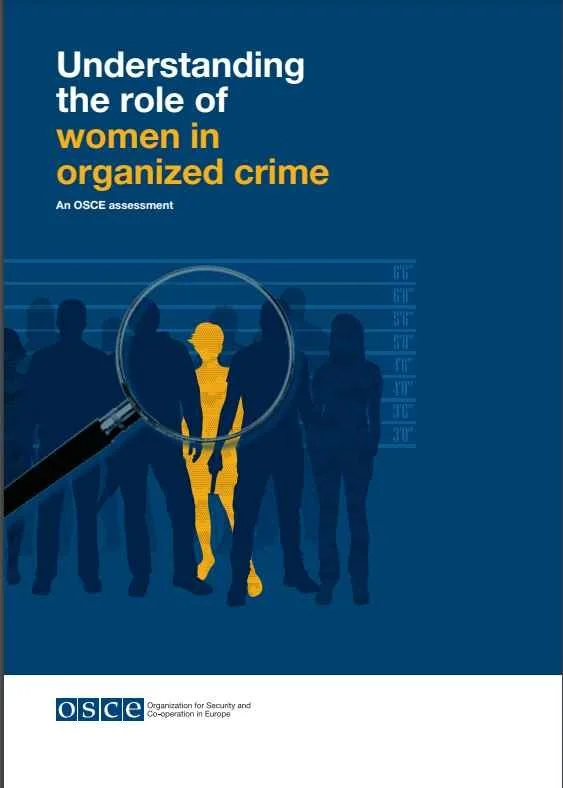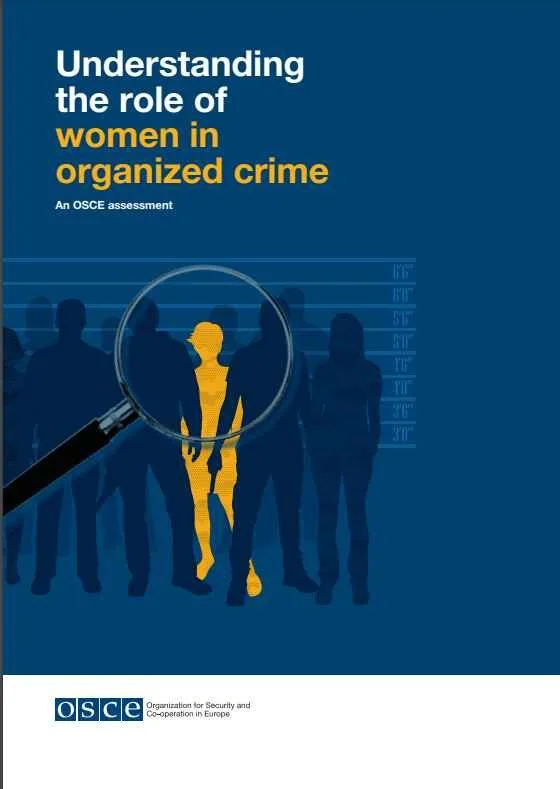By The Organization for Security and Co-operation in Europe
This report offers empirical evidence and case studies from across the OSCE area on how women are recruited into organized crime groups, their roles within them, and how and why they exit these groups. It demonstrates that the role of women in organized crime is nuanced. Evidence shows that while women are often exploited and victimized by organized crime groups, they can also be important actors. Yet persistent gender stereotypes mean that women’s agency in organized crime is often not recognized by criminal justice practitioners. Failing to recognize women’s agency in organized crime impedes the understanding in participating States of the complexity of the organized crime landscape, and hampers their ability to combat transnational organized crime or support women to leave organized crime groups.
Vienna: OSCE, 2023. 72p.





